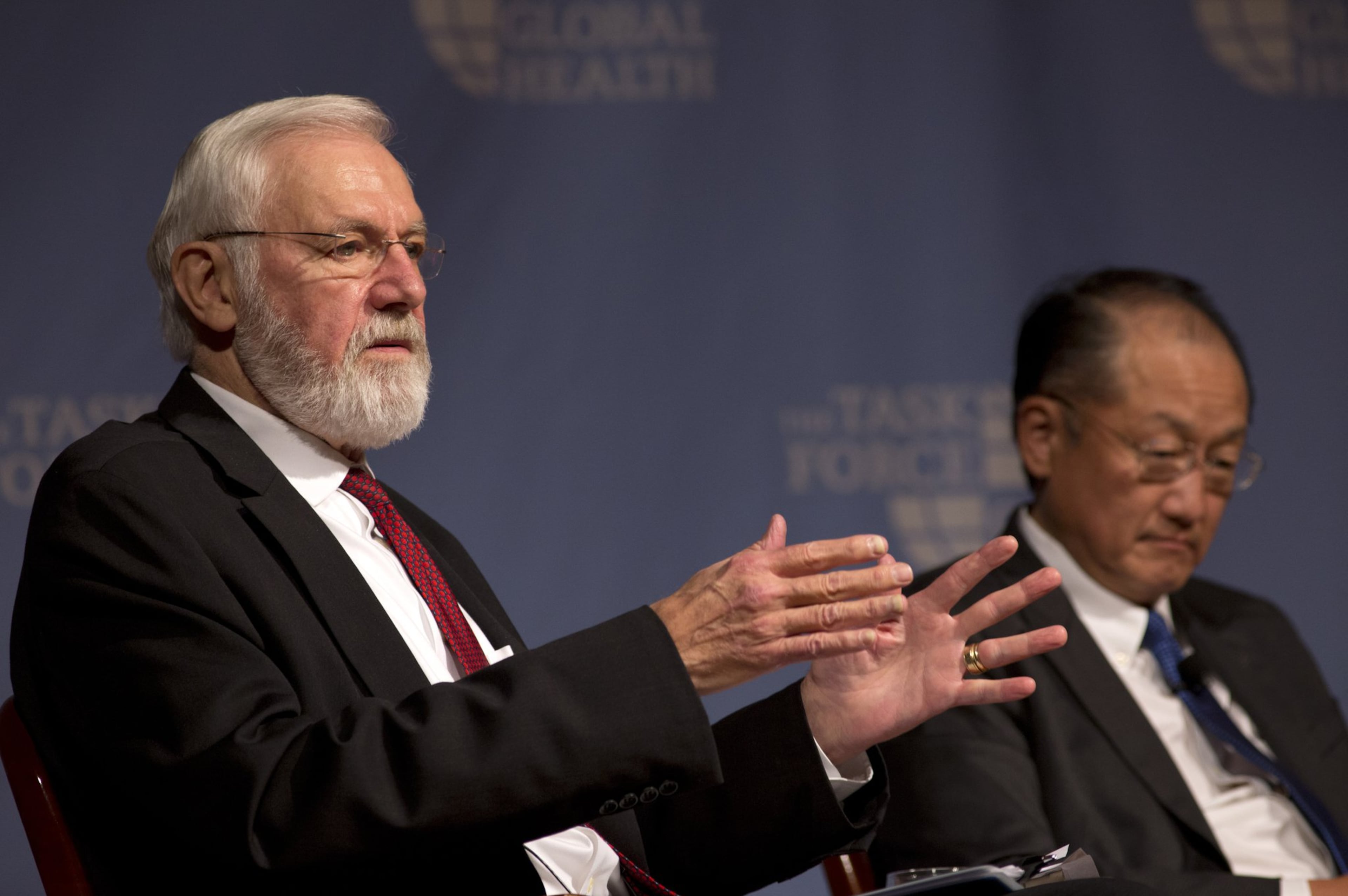A Georgia teen created a better breast cancer test. The White House noticed

When Forsyth County student Pragathi Kasani-Akula learned during the COVID-19 pandemic her mother was diagnosed with breast cancer, she started to think more about how her interest in science could help improve people’s lives.
The 17-year-old South Forsyth High student developed a new way to test for breast cancer, and her work gained the attention of the White House. First lady Jill Biden last week recognized Pragathi and nine other girls across the country for their efforts to improve their communities. They are working on projects ranging from teaching coding to students with learning disabilities to funding scholarships for Ukranian refugees.
“If you’ve ever wondered, ‘Can I, one person, one girl, can I make a difference?’” Jill Biden said during the ceremony. “Standing here among these incredible women and girls, we have an answer: Yes you can!”
Pragathi has always been interested in science, and she currently leads several extracurricular activities related to learning and teaching science to other students. During the pandemic, Pragathi worked with the ScioVirtual Foundation to teach an online course on epidemiology to students across the nation, including education on how to advance public health.
After her mom’s cancer diagnosis, which wasn’t the first in her family, she began to focus on increasing access to health care.
“My family is lucky in that we had access to health care, access to the timely screenings, and they all made a full recovery and now are in remission, which I am so thankful for,” she said in an interview with The Atlanta Journal-Constitution. “I saw that’s not the case for everyone, and I wanted to see if I could somehow use my interest in nanoscience and maybe make a difference.”

Starting at the end of ninth grade, she spent breaks from school and summer vacations in a lab at Jackson State University in Mississippi.
She figured out a way to detect triple-negative breast cancer — an aggressive and invasive strain of the disease — via a blood test. Currently, doctors rely on imaging or biopsies to diagnose the condition, and it has often spread to other parts of the body by the time it’s detected, making it more difficult to treat.
Her test binds nanoparticles to the problematic part of the blood, which turns it fluorescent and makes it visible under a microscope. Her goal is for this innovation to bring low-cost breast cancer screenings to communities that may not have regular access to mammograms, which can cost upward of $200.
Pragathi is too young to begin trialing her breast cancer test on real patients’ blood, which is the next step to getting it out in the world. For now, she’s working on ways to make the test even more cost-effective and accessible. She’s ready to hit the ground running when she turns 18.
Pragathi described nanoparticles, her main area of interest, as superhero material — they’re small but mighty.
“I like to think that I’m like a nanomaterial,” she said. “I might be small, I might be a young woman of color, but I still have the power to make change.”
That’s exactly what made her a “Girls Leading Change” 2024 honoree. During their two days in Washington, D.C., the girls visited museums and met previous honorees and middle schoolers who were inspired by their own actions. (Even President Joe Biden, to their surprise, stopped by to chat with the honorees for a few minutes: “My jaw dropped!” Pragathi said.) Jill Biden and White House press secretary Karine Jean-Pierre encouraged them to fearlessly create the future they want to see.
Pragathi walked away feeling more motivated than ever.
“This event has lit a fire under me,” she said. “I feel like there’s so many different things in the world, so many different things we can all do to make this world a better place for everyone.”



